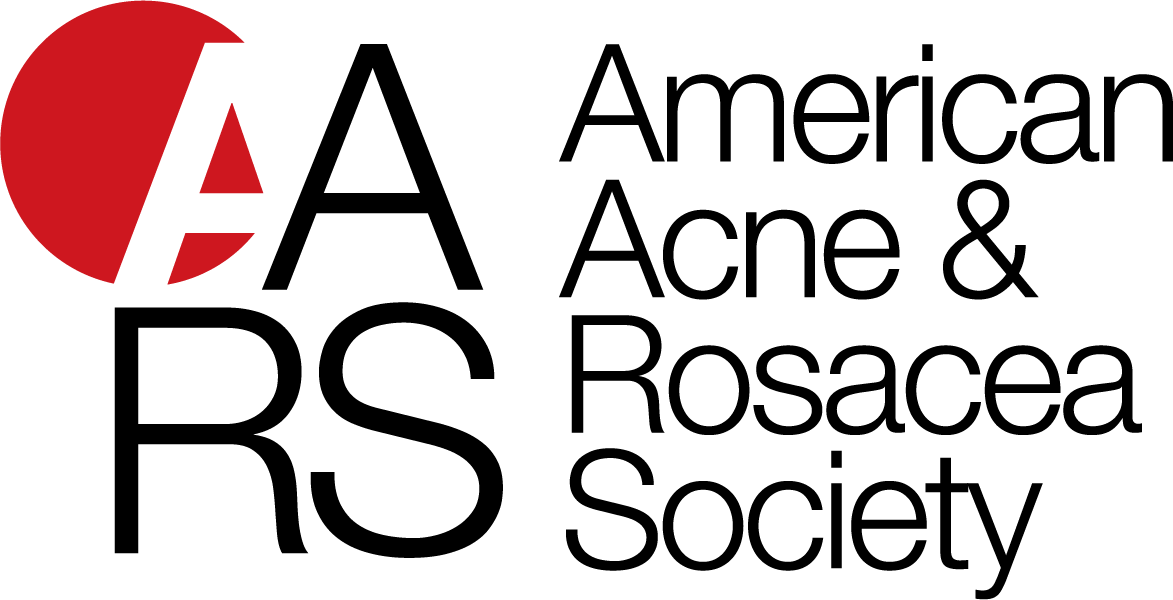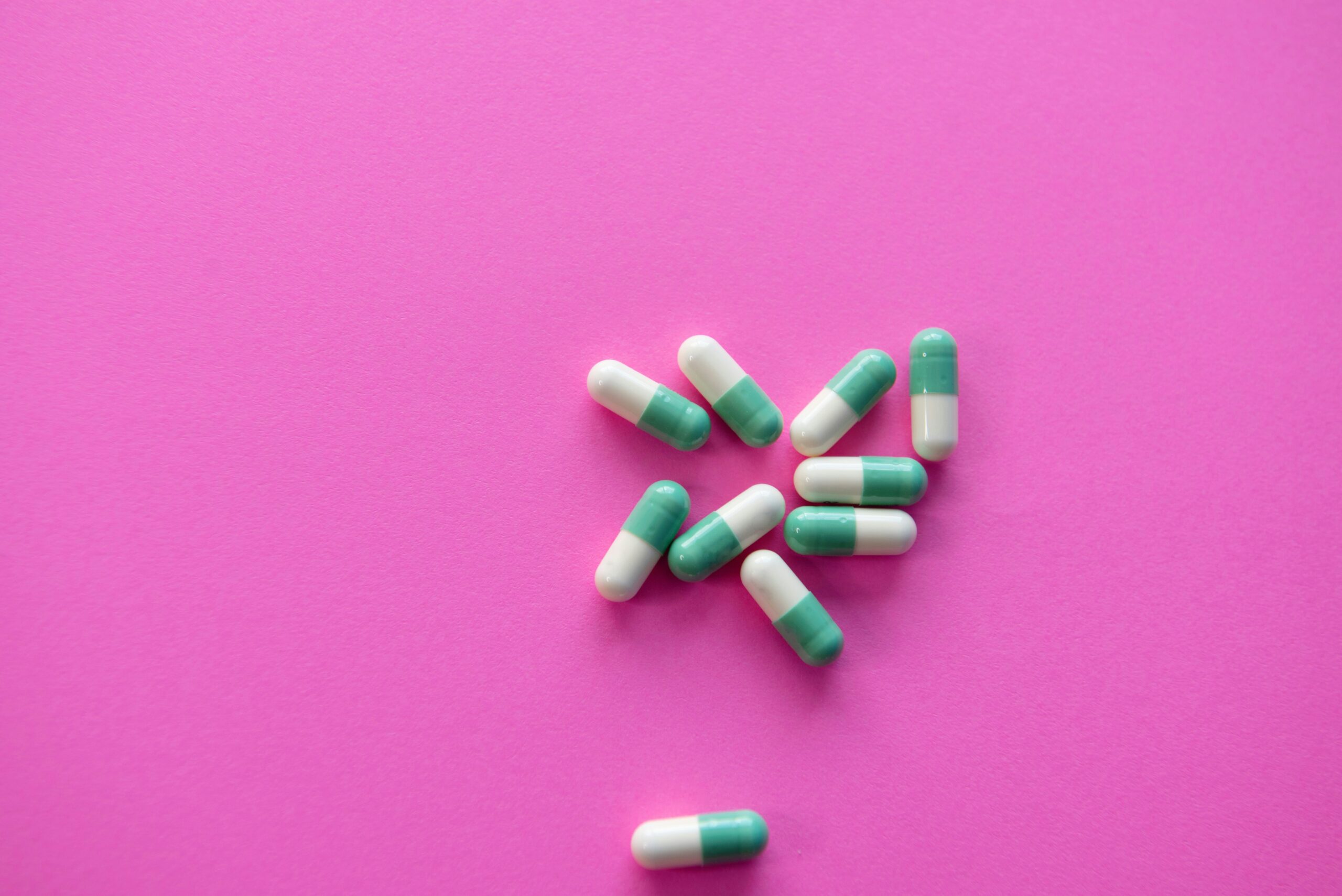The phase 3 trial program for DMT310 is now underway. Dermata Therapeutics, Inc. says it has successfully enrolled the first patient in its Spongilla Treatment for Acne Research (STAR-1) study. The STAR-1 study is the first of two Phase 3 studies that, if positive, will be used by the company to support the filing of a new drug application (NDA) for DMT310 for the treatment of moderate-to-severe acne.
DMT310 is a novel, once-weekly, topical product candidate derived from a freshwater sponge being developed for the treatment of multiple skin diseases. DMT310 has multiple mechanisms of action that include mechanical components and chemical compounds to potentially help treat inflammatory skin diseases.
Each Phase 3 trial will be randomized (2:1), double-blind, and placebo-controlled, enrolling approximately 550 patients with moderate-to-severe acne, ages 9 years and older in the United States and Latin America. The primary endpoints are the mean change from baseline in inflammatory and noninflammatory lesion counts and the Investigator Global Assessment (IGA) treatment response rate. IGA is measured on a 5-point scale (0-4), with a treatment response defined as at least a 2-point improvement from baseline and an IGA score of 0 (clear) or 1 (almost clear). Patients will be treated once a week for 12 weeks with either DMT310 or placebo and will be evaluated monthly. The two pivotal Phase 3 trials will be followed by a long-term extension study. If positive, the results from both Phase 3 clinical trials will be used to support the filing of an NDA with FDA.
Dermata says that, after processing, the sponge powder contains precisely sized and shaped silica spicules that upon application may help exfoliate the skin, promote collagen production, open closed comedones (creating an aerobic environment to help kill C. acne bacteria), and create microchannels to facilitate penetration of the sponge’s naturally occurring chemical compounds. These chemical compounds have been shown, in-vitro, to have both antimicrobial and anti-inflammatory properties, which may play a significant role in the treatment of inflammatory skin diseases. DMT310 was previously shown to confer benefit in moderate-to-severe acne in a Phase 2b study where DMT310 applied once weekly, achieved statistically significant results at all timepoints for all primary and secondary endpoints. In all, 45% of patients receiving DMT310 achieved an IGA score of clear or almost clear compared with less than 18% of placebo patients achieving the same at the end of 12 weeks.




